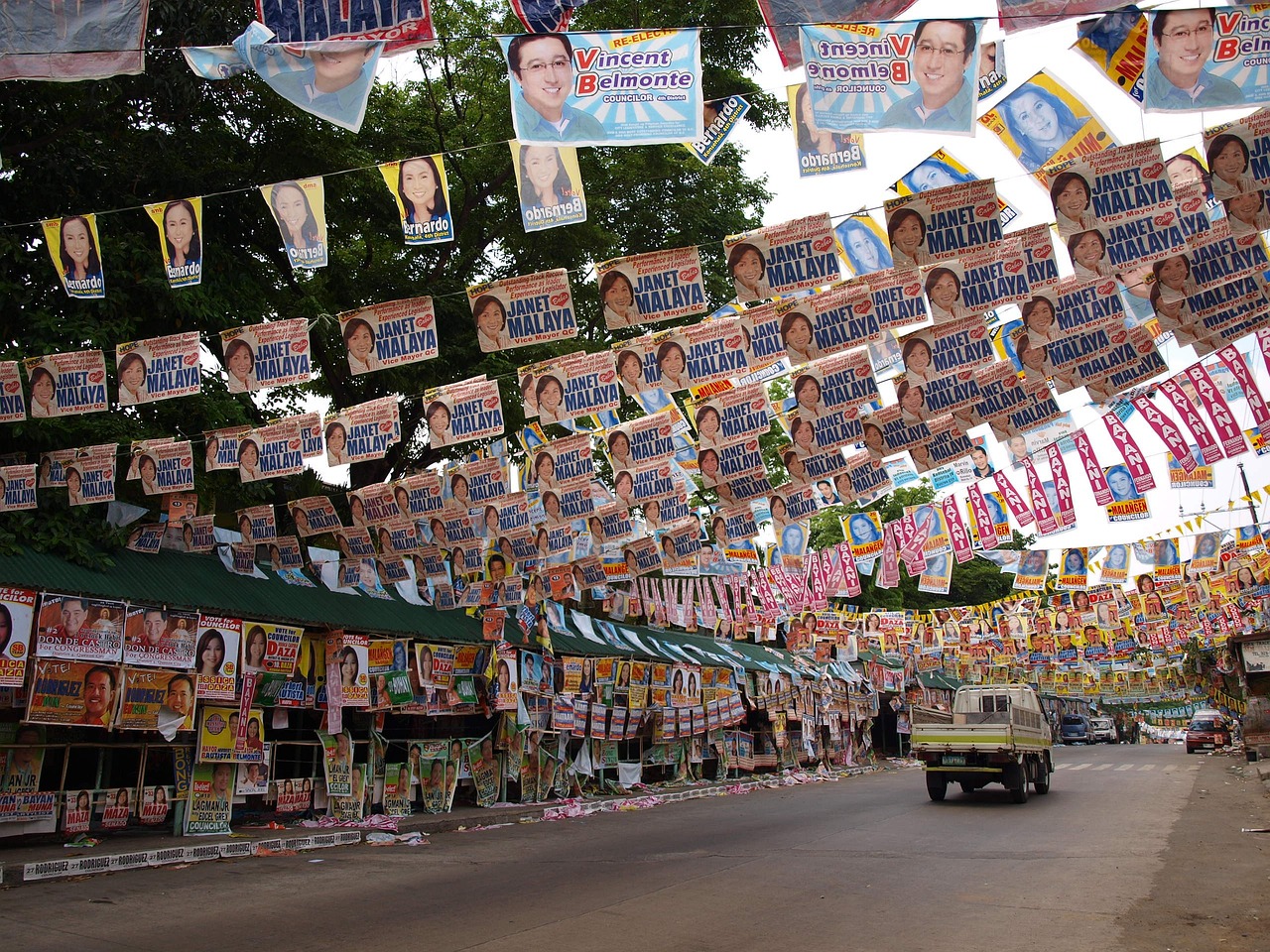
Elections in Georgia Tensions and irregularities shake the country
After the recent elections in Georgia, won by the pro-Russian party “Georgian Dream”, the controversy and tensions within the country show no signs of abating.

After the elections in Georgia, won by the pro-Russian party ‘Georgian Dream’, controversies and tensions continue to characterize the political climate of the country. Kremlin spokesman Dmitry Peskov said it was essential that no external nation interfere in the election results, stressing that this was an internal matter for Georgia. The International Observer Mission highlighted the disparities in the conditions of the elections, which undermine public confidence in the results. The NATO spokeswoman told X that any reports of irregularities must be carefully investigated.
Germany has condemned “significant irregularities” in Georgia’s parliamentary elections, a German Foreign Ministry spokesman told a news conference. Despite criticism from the opposition, which accuses the government of leaning towards authoritarianism and Russia, Georgian Prime Minister Irakli Kobakhidze reiterated his commitment to Georgia’s integration into the European Union. He said it was “a priority” for Tbilisi and expected relations with Brussels to improve after a period of tension. He also promised to work to ensure Georgia can join the EU by 2030.
Georgian Parliament Speaker Shalva Papuashvili has accused President Salome Zurabichvili and the opposition of plotting a “coup” against the recent election results. Zurabichvili had previously declared the results “totally falsified.” Before the vote, the president had suggested forming a government composed only of opposition members to implement reforms necessary for EU membership before returning to the polls in 12-18 months. Papuashvili described the plan as preparatory to a coup aimed at delegitimizing the results and forming a caretaker government.
Josep Borrell, the EU’s High Representative for Foreign Policy, said during a visit to Georgia that Hungarian Prime Minister Viktor Orban does not represent the European Union. Borrell clarified on Spanish public radio RNE that “the rotating president of the Union has no authority in foreign policy matters.”
On the broader geopolitical situation, Borrell warned of the ongoing conflicts in Gaza and Lebanon, describing a potentially explosive situation: “We live on the edge of a spark that could generate a bigger fire.” He also mentioned concerns about possible Israeli attacks on Iranian nuclear or oil facilities and stressed that while peer pressure is containing the current escalation, tensions remain high.
The situation in Georgia reflects complex dynamics both domestically and internationally; while the government seeks stability and European integration, internal opposition is growing against alleged democratic abuses and ambiguous political choices.

After the recent elections in Georgia, won by the pro-Russian party “Georgian Dream”, the controversy and tensions within the country show no signs of abating.

The international observation mission highlighted the disparities in the conditions in which the elections were held in Georgia, undermining the public’s confidence in the final outcome.